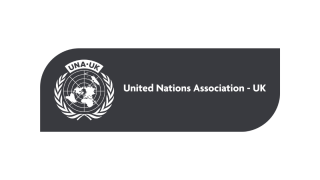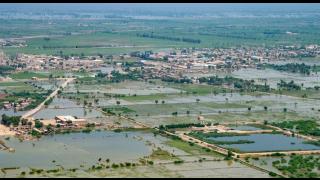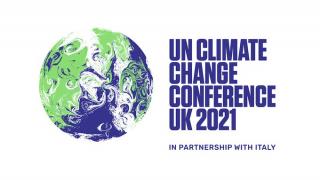
UN agencies are stepping up their relief efforts as thousands of people remain trapped by floodwater in north-western Pakistan. According to the Pakistani government, 20 million people have been affected by this year’s monsoonal floods – said to be the region’s worst in living memory. 1,400 people are thought to have died and two million have been displaced.
Food, clean drinking water, tents and medical services are among the priorities for survivors. UNICEF and two other UN agencies – the World Food Programme (WFP) and Refugee Agency (UNHCR) – have launched major appeals, amidst forecasts of further heavy rains. 1.8 million people currently need food aid and at least 39 health facilities have been destroyed, with tonnes of medicines lost. The World Health Organization has warned that the risk of waterborne diseases is high.
Among those uprooted by the floods are Afghan refugees, and the Afghan government estimates that some 50,000 people have been affected across the border from Pakistan. UNHCR and WFP warehouses, many of them storing supplies destined for Afghanistan, have also been damaged – complicating UN relief efforts in both countries. The majority of WFP food for Afghanistan transits from Pakistan.
“The Pakistani people of this region have been serving as the generous hosts of more than a million Afghan refugees,” said António Guterres, UN High Commissioner for Refugees. “Now is the time for the international community to demonstrate the same kind of solidarity with them.”






